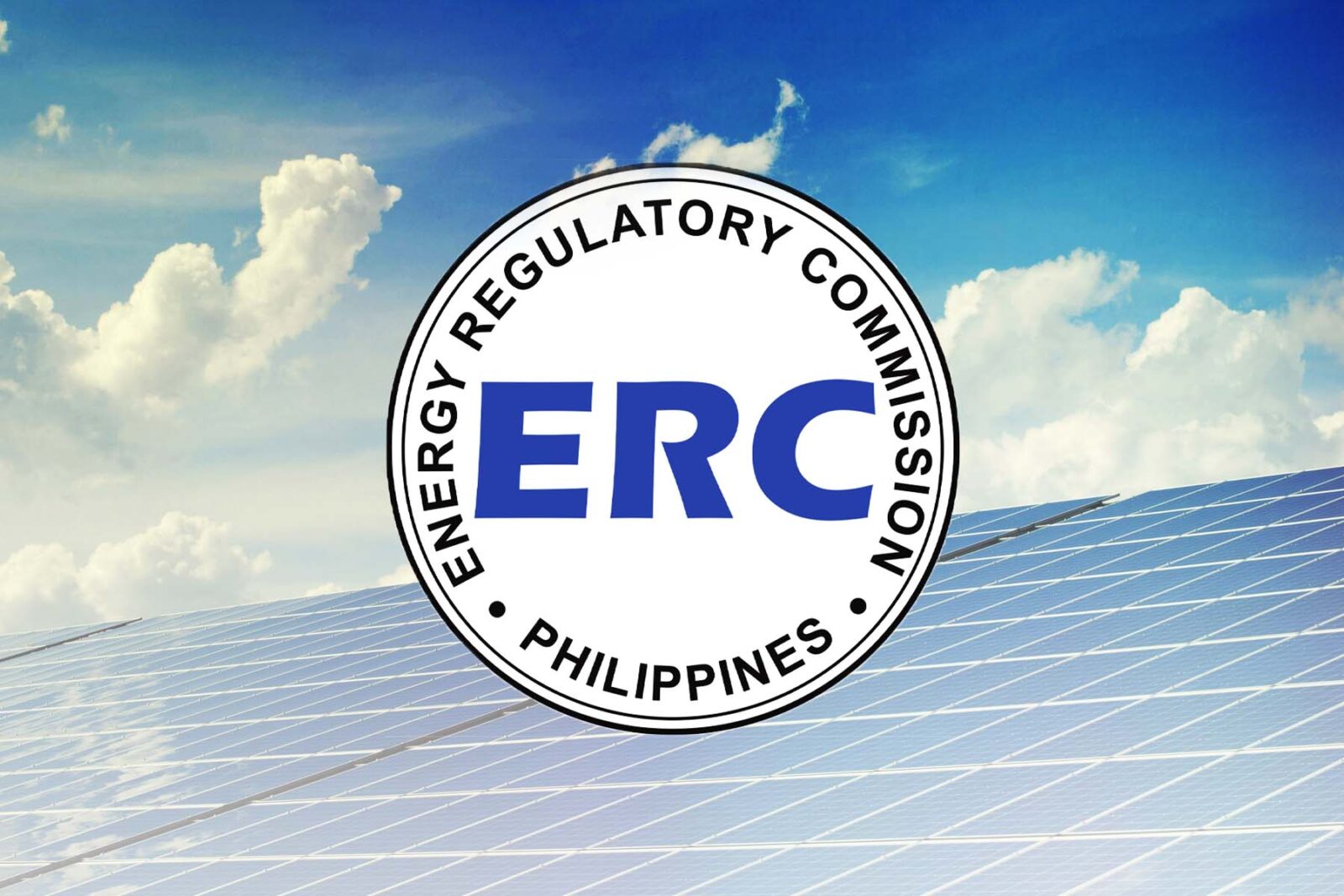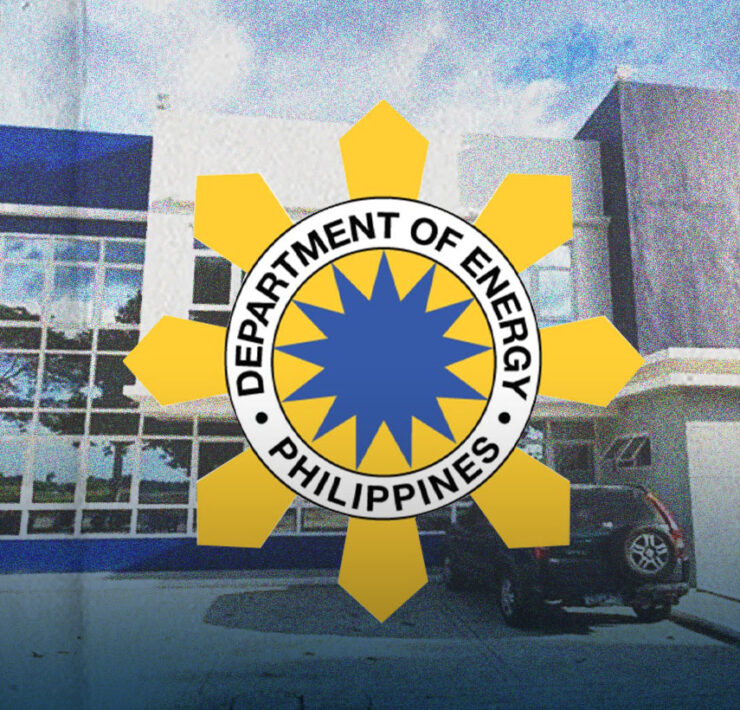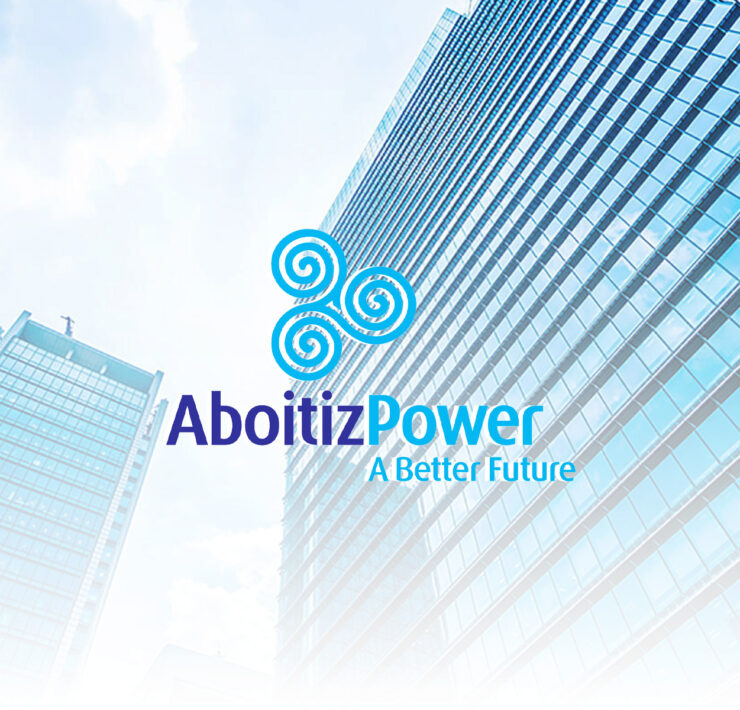ERC unifying proposals for Epira changes

The Energy Regulatory Commission (ERC) is consolidating key proposals to amend the Electric Power Industry Reform Act (Epira), according to ERC chair Francis Saturnino Juan.
In an ambush interview on Wednesday, Juan said he has directed the ERC’s Office of the General Counsel and Secretariat to draft and pool provisions from several restructuring bills now pending in Congress.
The Epira, passed in 2001, restructured the power sector by separating generation, transmission and distribution. The law opened the industry to competition and placed regulatory oversight under the ERC.
Juan said the regulator is still studying additional proposals, particularly those that would change the composition of the ERC.
He confirmed that the regulator has submitted a position paper outlining its reservations on a plan to increase the number of ERC commissioners to nine from the current five.
He said the proposed expansion—an idea previously pushed by former ERC chair Monalisa Dimalanta when she was in office—responds to past governance issues but does not address the root of regulatory lapses.
“We raised concern on the proposal to increase the number of commissioners. We don’t support expanding the commission to nine,” Juan said. “It’s more of a reaction to what happened before. And that failure was not because of the current structure, but because of something else.”
Juan added that the ERC’s position paper details the reasoning behind the agency’s opposition and outlines alternative governance improvements.
This comes as Juan marked his first 100 days in office with a slate of institutional reforms. These include the restart of the long-delayed performance-based rate resets for private distribution utilities and the rollout of updated rules on net metering, smart-grid development and the national Lifeline Rate program.
The ERC has also moved to tighten oversight of ancillary services procurement and approved a new rate schedule that would stabilize payments to renewable energy developers.
Juan said these efforts are part of a broader push to modernize regulation and restore public confidence in the power sector.
“We will use these next few years to fix what needs fixing, streamline what needs streamlining and lay down the groundwork for the future,” he said.





















